Technical Assistance Program Showcase
The MAPC Technical Assistance Program (TAP) is a funding program that enables and assists cities and towns in implementing projects that are beneficial to the community. Below is a showcase of TAP-funded projects categorized by our departments' areas of expertise. Projects selected as part of TAP are assigned to a project manager, who works with municipalities to develop detailed scopes of work.
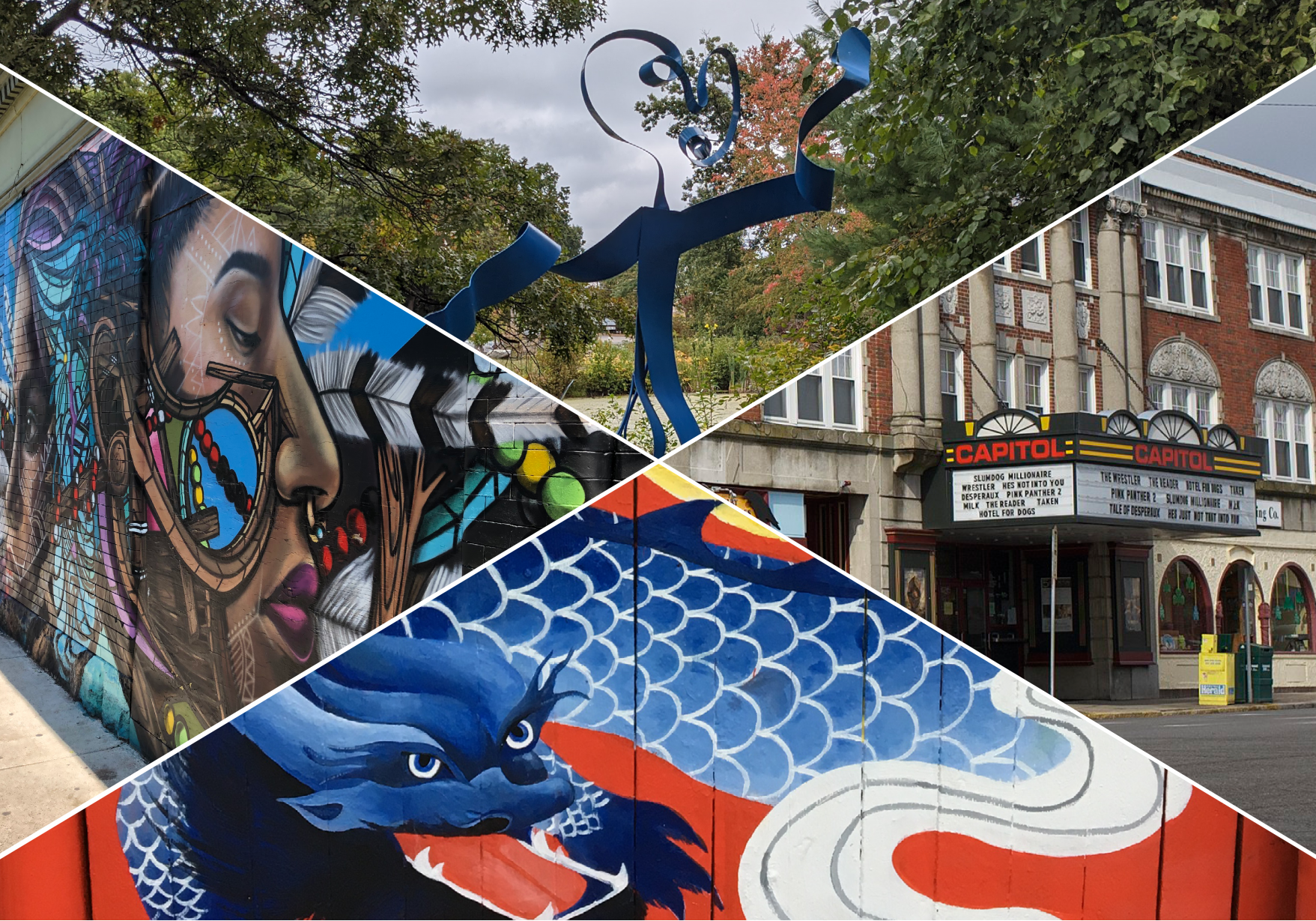
Arts & Culture
The Arts & Culture team helps cities and towns with policies, programs, and staffing that allow arts and cultural assets to grow and thrive by providing technical assistance with the full range of arts and culture planning issues – community development, economic development, public health, and the built and natural environment.

Clean Energy
Clean Energy aims to rapidly drive down greenhouse gas emissions, end dependence on fossil fuel consumption in the Commonwealth, build community resilience, and support a just clean energy transition.
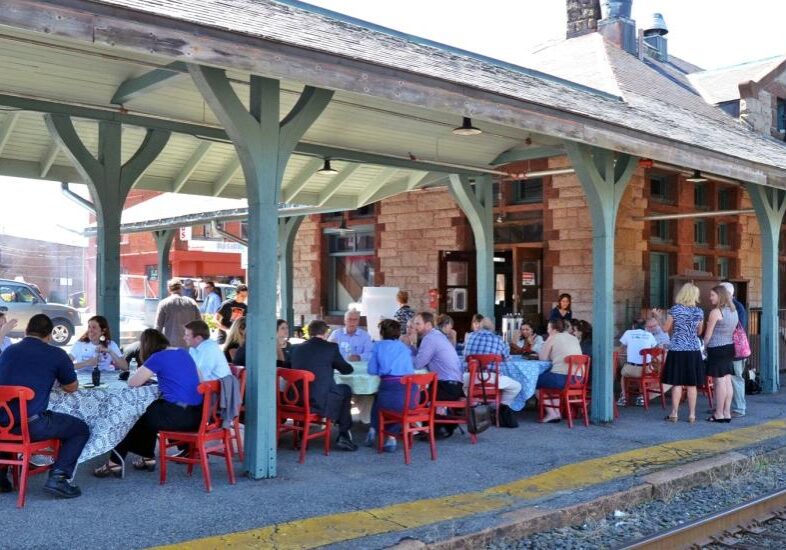
Community Engagement
MAPC brings award-winning community engagement to your project. We seek people out and draw them in, even from groups that tend to be hard to reach and engage. That means new ideas, new participants, and plans with wider support. We work to make data, tradeoffs, and the entire planning process inclusive, clear, and accessible to all.
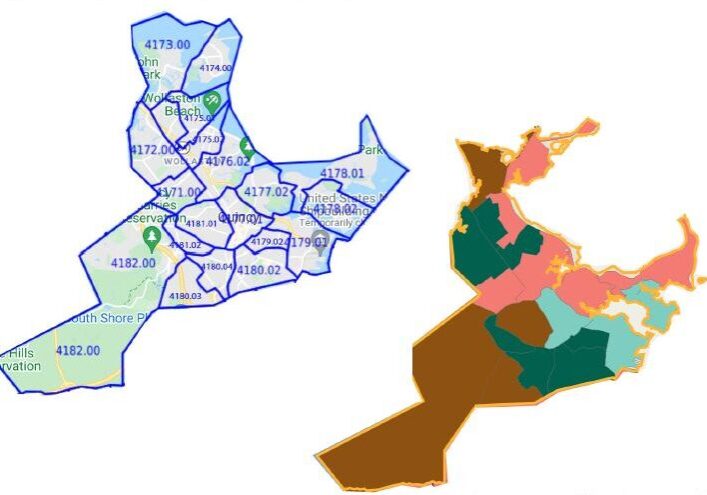
Data Services
Data Services takes an open, equitable, and data-driven approach to everything we do and focus on products that can have direct application in decision-making processes. Our human-centered design methods produce digital tools that make complex information understandable and accessible. MAPC’s Digital Services team stands ready to partner with municipalities to develop plans to close digital divides.
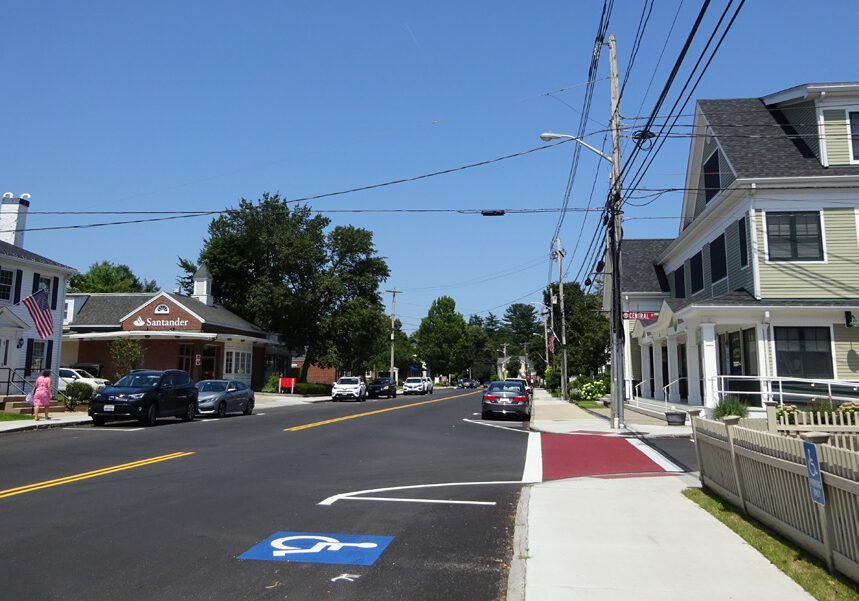
Economic Development
The Economic Development team provides assessment and planning services by engaging stakeholders, identifying economic development opportunities, and developing strategies that address the interconnected nature of job creation, income generation, and wealth building. Additionally, the team has conducted research on the connection between economic development, housing, transportation, and childcare.

Environment
MAPC’s Environment Department provides technical assistance and policy guidance to municipalities on issues including: climate preparedness and vulnerability assessments; natural hazard mitigation; sustainable water management; facilitating regional climate planning, working on joint projects with other departments and agencies; and creating tools and guides on everything from stormwater management to climate-smart parks.
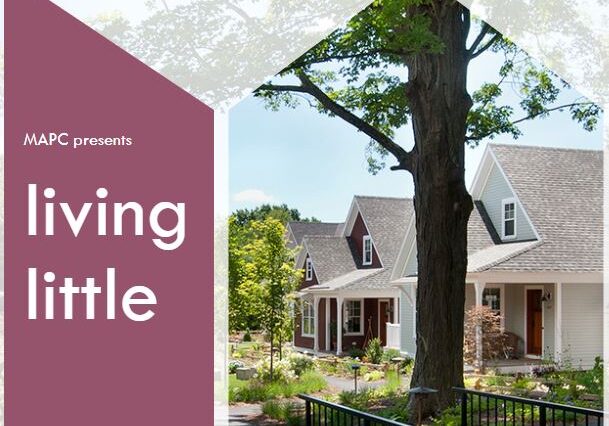
Housing
Our work areas include collaborating on Housing Production Plans, producing residential market analyses, creating mixed-income neighborhood and TOD plans, gathering, interpreting, and sharing housing data, drafting zoning bylaws and ordinances, lobbying for statutory change at the state level, and assisting with community outreach and engagement.

Land Use
Land use planning projects that MAPC frequently undertakes with communities include master plans, downtown plans, neighborhood plans, equitable transit-oriented development plans, open space & outdoor recreation plans, and housing production plans. Furthermore, MAPC helps municipalities with zoning and land use regulation to protect and enhance the environmental, economic, and social quality of life in the region
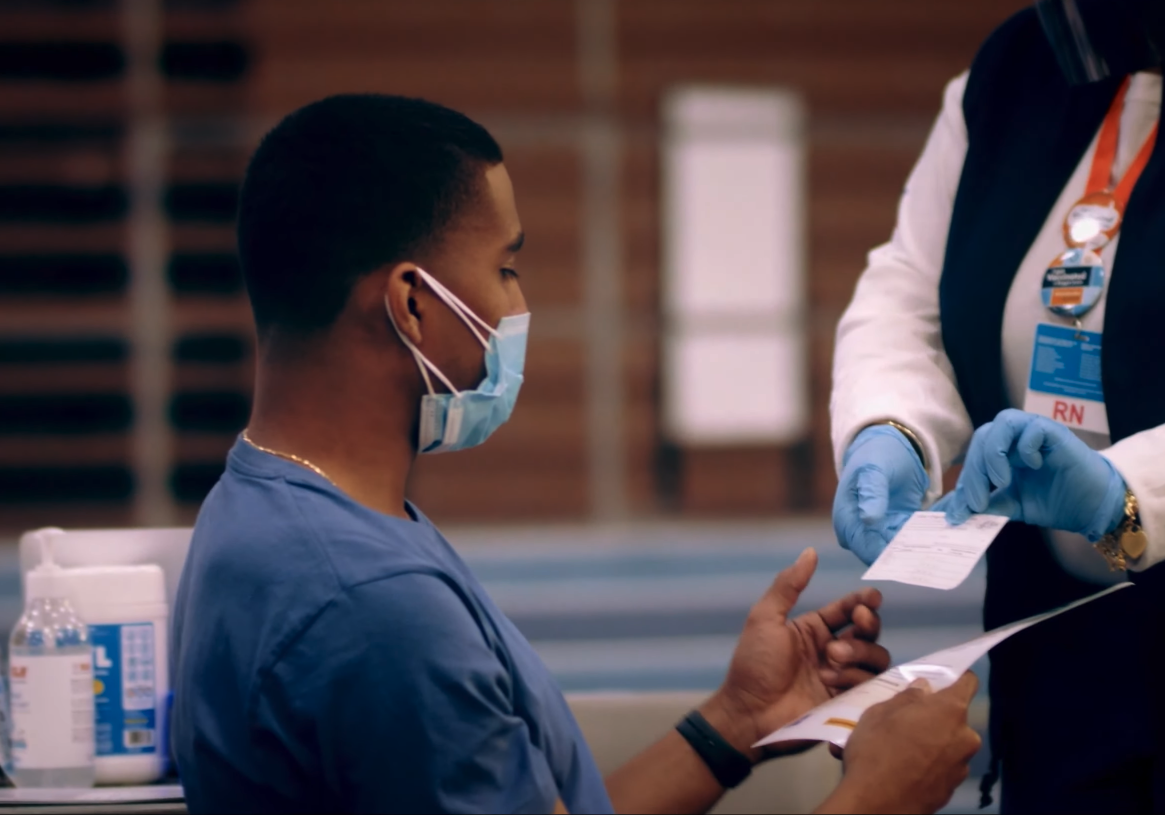
Municipal Collaboration
The department operates a comprehensive and innovative group purchasing program for municipalities and other buyers; coordinates joint procurements; helps cities and town to collaborate in the delivery of municipal services; promotes best practices in the efficient and effective management of local government; and works toward improved public safety for our region.
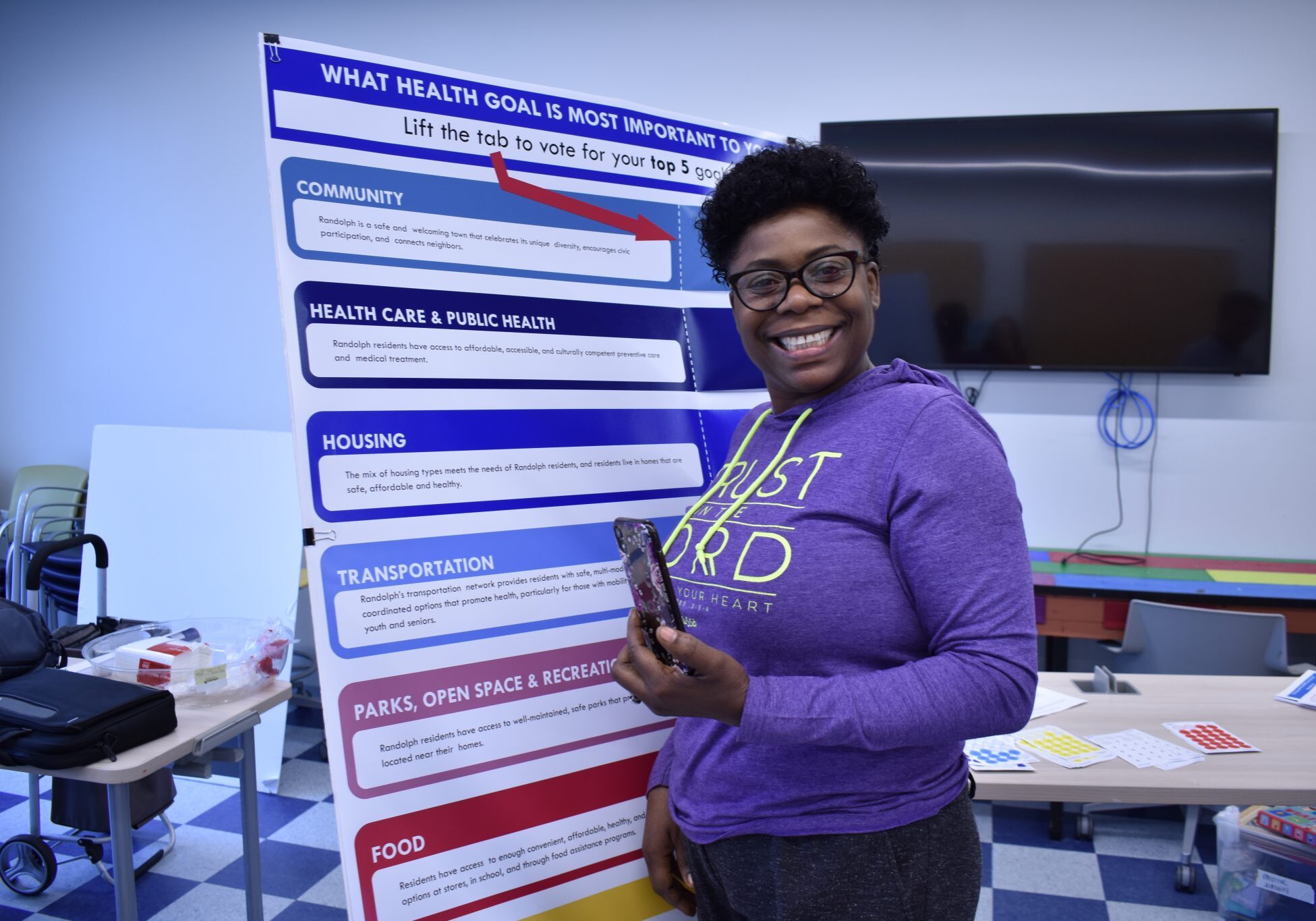
Public Health
The Public Health Department leads and assists with the evaluation of environmental, behavioral, and policy changes implemented by cities and towns and with assessments of investments in social determinants of health by other allied public health partners, including hospitals, health centers, community-based organizations, and planning organizations.

Transportation
The Transportation team works on a variety of topics, including transportation demand management, parking (and alternative uses for parking spaces), transportation finance, climate change, dedicated bus lanes, and other activities. Several of our recent downtown studies and district plans have integrated strategies to enhance wayfinding, multimodal transportation options, and a sense of place.
